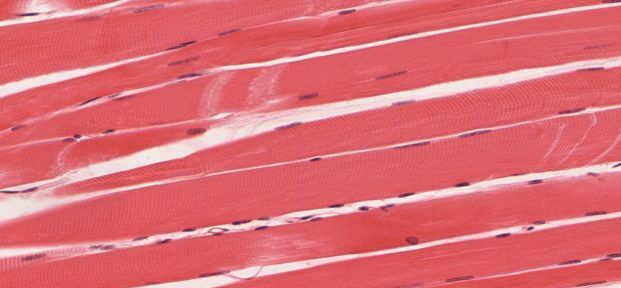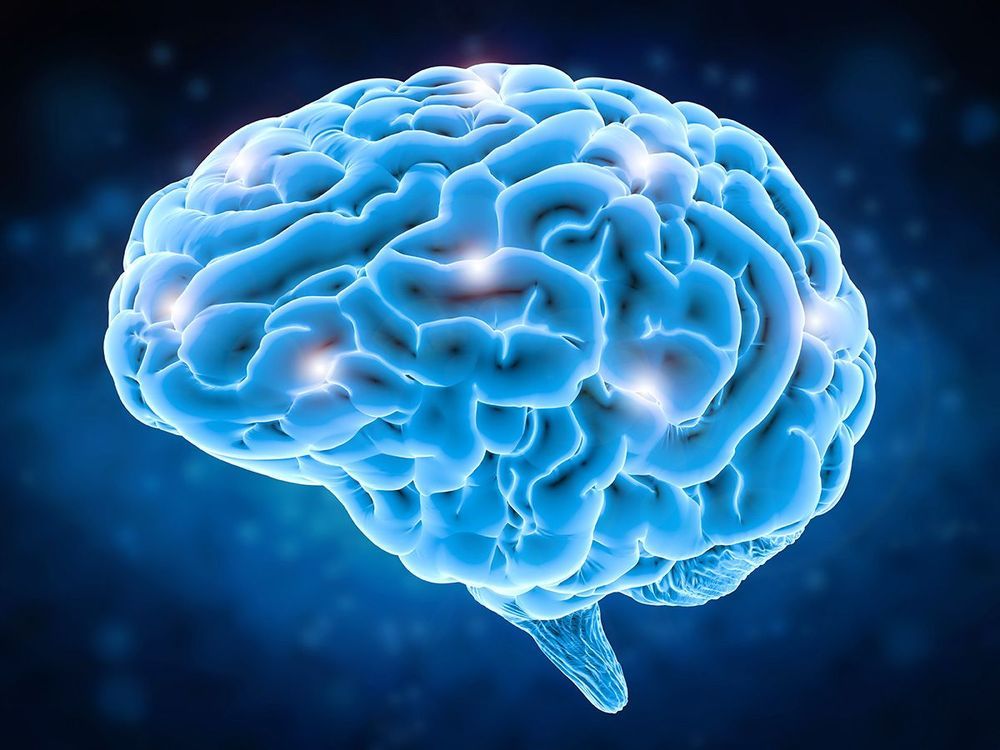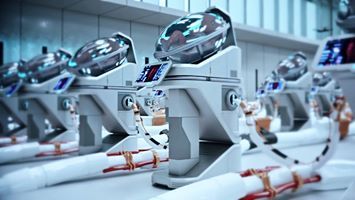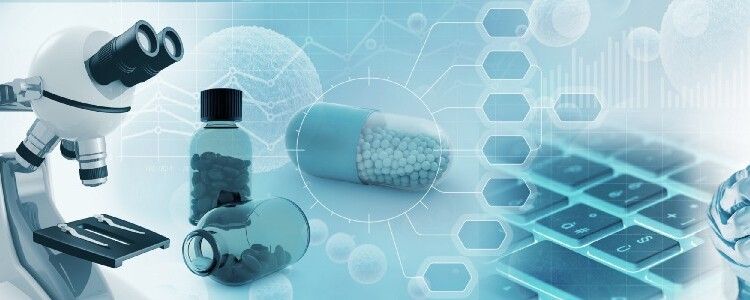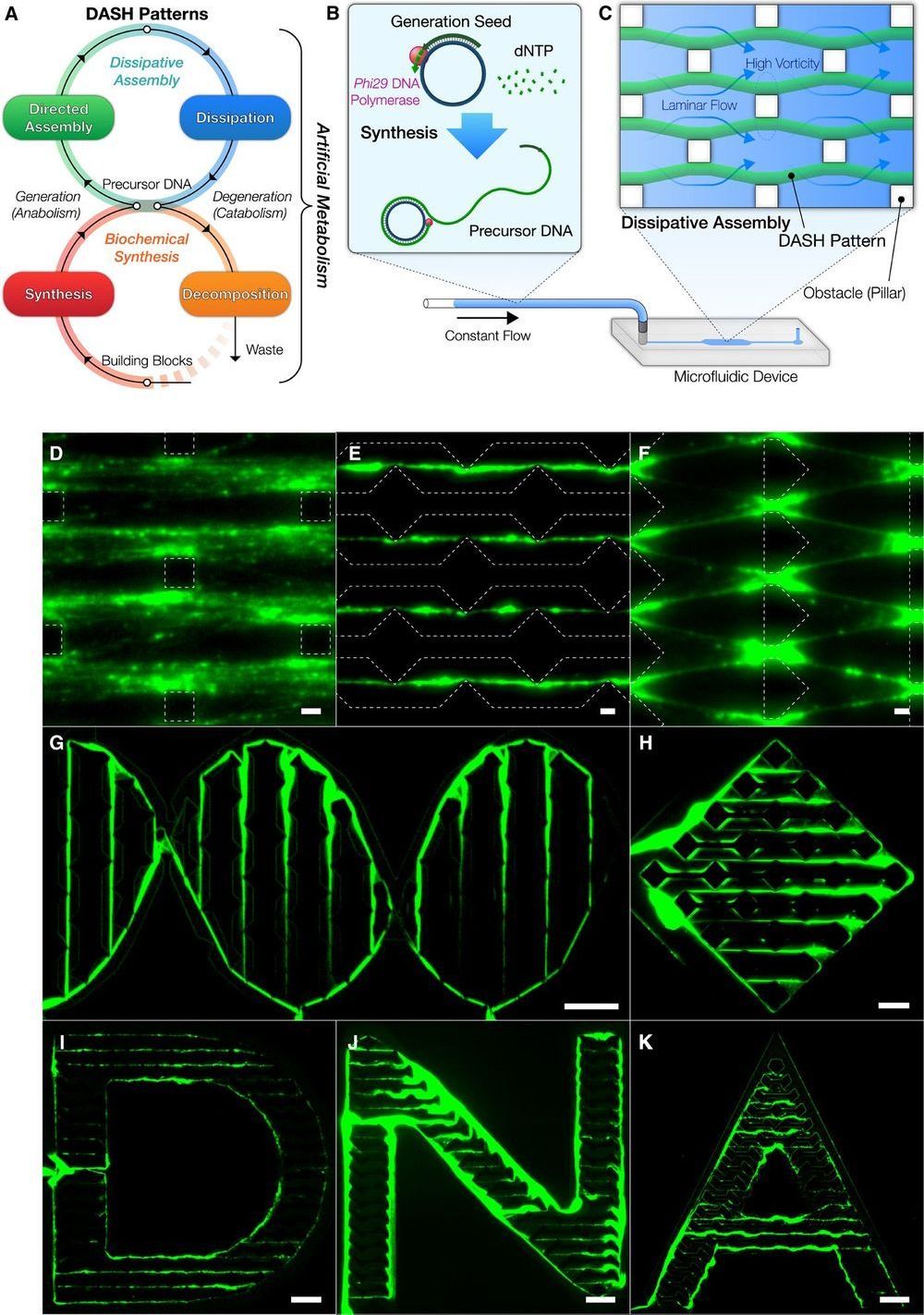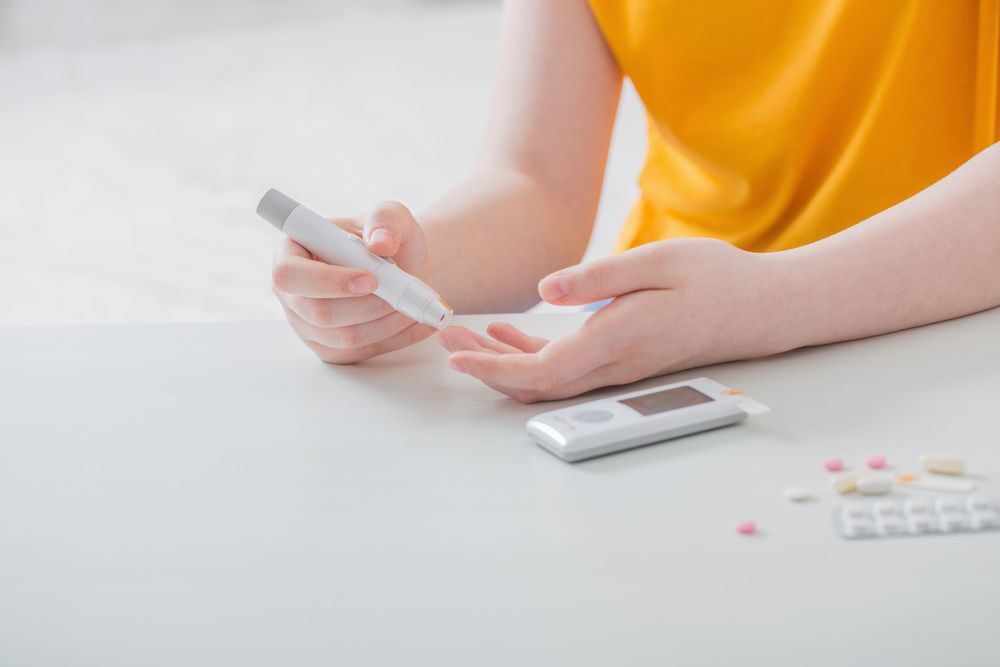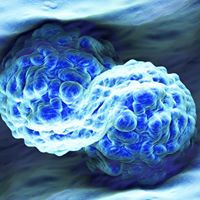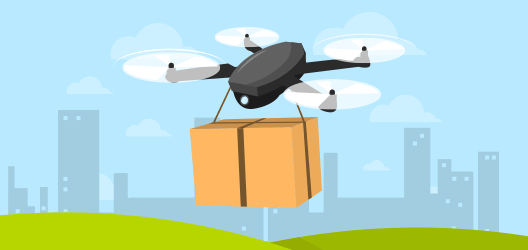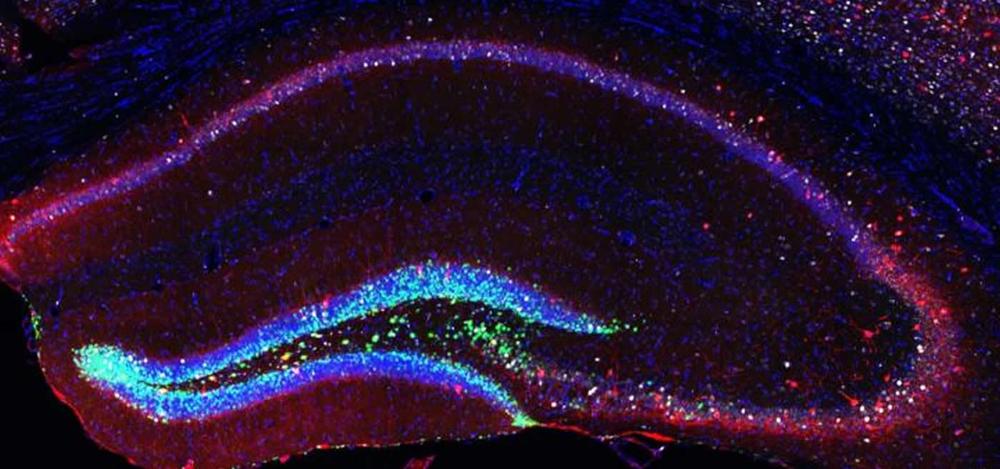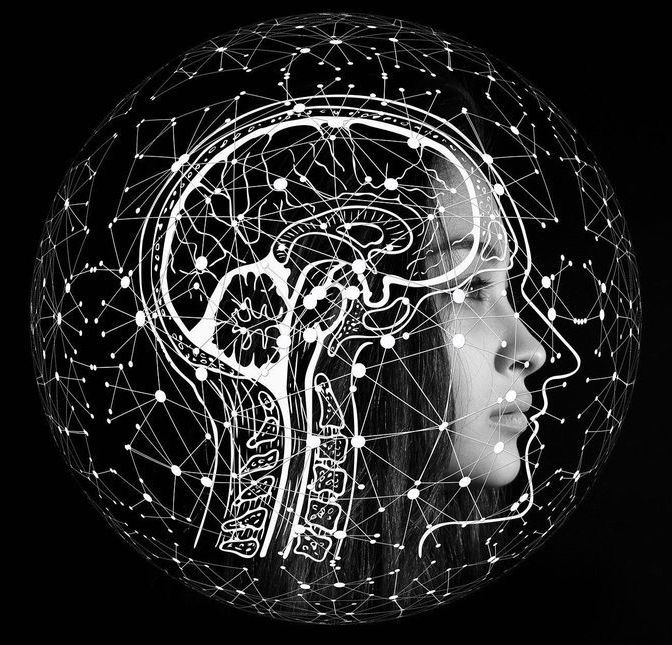
In neurological diseases such as Alzheimer’s disease, Parkinson’s disease or Multiple Sclerosis, brain neurons are constantly being lost, resulting in memory lapses, speech disorders, mood swings and movement disorders, for example, as well as muscle tremors in the case of Parkinson’s. After six years of development, MedUni Vienna researchers from the Department of Neurology (Head: Thomas Berger), led by Roland Beisteiner, have developed a new method of treatment that represents a world first. Using a non-invasive ultrasound technique, it is now possible to reach all areas of the brain and activate neurons that can help to regenerate brain functions. The preliminary data, which have been prominently published on the international stage, show that this can improve brain performance. This has positioned Vienna as a world leader in an important sector of medicine.
The new method is called transcranial pulse stimulation with ultrasound (TPS) and was developed in collaboration with Swiss commercial partner Storz Medical and its project leader, Ernst Marlinghaus. “For the first time in the world, TPS enables us to penetrate into all areas of the brain by means of an ultrasound pulse delivered directly to the skull in a non-invasive, painless procedure, during which the patient is fully conscious, and to specifically target particular areas of the brain and stimulate them,” explains Beisteiner. The study was part of the inter-university cluster led by Roland Beisteiner and Tecumseh Fitch, which is attempting to improve patients’ brain functions by means of brain stimulation and is being jointly run by MedUni Vienna and the University of Vienna. Such clinical procedures must be carried out with great precision and must be tailored to the individual patient. However, the existing electromagnetic techniques such as e.g.
